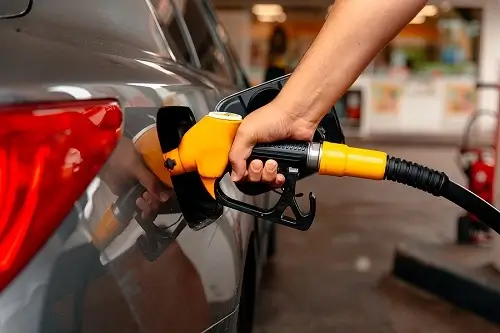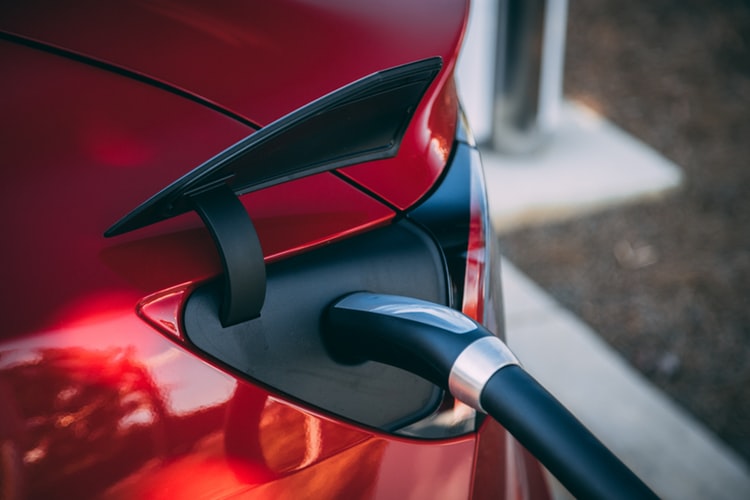Boosting Vehicle Fuel Efficiency Levels In today’s environmentally conscious world, vehicle fuel efficiency is a topic of paramount importance. As the global automotive industry continues to evolve and consumers become increasingly eco-conscious, the demand for fuel-efficient driving practices and eco-friendly cars has surged. This article aims to delve into the depths of enhancing vehicle fuel efficiency, offering an array of Boosting Vehicle Fuel Efficiency Levels and Boosting Vehicle Fuel Efficiency Levels to help you Maximize Mpg and achieve substantial Boosting Vehicle Fuel Efficiency Levels.
The Significance of Fuel Efficiency
Understanding Fuel Efficiency
Before we dive into the practical tips and practices, let’s begin by comprehending the essence of fuel efficiency. In simple terms, fuel efficiency refers to the measure of how effectively a vehicle utilizes the fuel it consumes to generate power and propel itself. In the quest to maximize fuel efficiency, drivers not only save on fuel costs but also contribute to a reduction in carbon emissions, ultimately leading to a more sustainable and environmentally conscious future.
Fuel efficiency is typically quantified using the miles per gallon (MPG) metric. It is the ratio of miles driven to the amount of fuel consumed, and it serves as a benchmark for evaluating a vehicle’s efficiency in converting fuel into motion.
Fuel-Efficient Driving Tips
1. Maintain Proper Tire Pressure
Tires play a pivotal role in vehicle fuel efficiency. Underinflated tires increase rolling resistance, which results in the engine having to work harder to propel the vehicle. Ensuring that your tires are properly inflated can improve fuel efficiency by up to 3%, which might not sound like much, but it adds up over time.
2. Drive Smoothly
Erratic driving habits, such as rapid acceleration and sudden braking, can significantly decrease your MPG. Smooth and consistent driving is key to optimizing fuel efficiency. Gradual acceleration and deceleration allow the engine to operate more efficiently and reduce fuel consumption.
3. Reduce Idle Time
Idling consumes fuel unnecessarily. Modern engines are designed to be more efficient when they are turned off and restarted. If you anticipate being stationary for more than a minute, turning off your engine can save fuel and reduce emissions.
4. Maintain Your Vehicle
Regular vehicle maintenance is crucial for fuel efficiency. A well-maintained engine, with clean air filters and properly functioning components, operates more efficiently. Don’t neglect routine oil changes, and follow your vehicle manufacturer’s recommended maintenance schedule.
5. Lighten Your Load
Excess weight in your vehicle can lead to decreased fuel efficiency. Remove unnecessary items from your car, trunk, or roof rack to reduce the weight your engine has to carry. Every extra 100 pounds can reduce your MPG by about 1%.
6. Use Cruise Control
Cruise control is an excellent tool for maintaining a steady speed on the highway. It can help prevent unnecessary fluctuations in speed and, in turn, save fuel.
7. Plan Your Trips
Efficient trip planning can save both time and fuel. Combining errands and taking the shortest routes can reduce your overall mileage and fuel consumption.
8. Drive at Moderate Speeds
Driving at high speeds increases aerodynamic drag, which, in turn, reduces fuel efficiency. Slowing down and maintaining a moderate speed on highways can significantly boost your MPG.
9. Optimize Your Air Conditioning
Using air conditioning consumes extra fuel. On hot days, consider using your car’s ventilation system or opening the windows instead of running the air conditioner at full blast. On cooler days, avoid unnecessary use of the heater.
10. Fuel Quality Matters
Choose the right fuel for your vehicle. Check your car’s manual for the recommended fuel grade. Using a higher-octane fuel than necessary can be wasteful and expensive.
Eco-Friendly Car Practices
1. Consider Hybrid or Electric Vehicles
One of the most effective ways to reduce fuel consumption and carbon emissions is to drive a hybrid or electric vehicle. These vehicles utilize advanced technology to optimize fuel efficiency and minimize their environmental footprint.
2. Aerodynamic Modifications
Making your vehicle more aerodynamic can significantly improve fuel efficiency. Simple additions like an air dam or a roof box can reduce drag and enhance your car’s eco-friendly attributes.
3. Smart Technology Integration
Today’s vehicles often come equipped with advanced technology to enhance fuel efficiency. Features like automatic start-stop systems, regenerative braking, and eco-driving modes can all contribute to maximizing MPG.
4. Regular Emissions Testing
Ensuring your vehicle complies with emissions standards is not only environmentally responsible but can also boost your vehicle’s fuel efficiency. A well-maintained engine is less likely to emit excess pollutants.
5. Proper Fuel Storage
During periods of vehicle inactivity, it’s essential to store your fuel properly. Use a fuel stabilizer to prevent the fuel from breaking down and becoming less efficient. Additionally, maintaining a full tank can help prevent condensation from forming, which can lead to engine issues.
Maximize Mpg
Maximizing your vehicle’s MPG is not only a prudent financial decision but also an environmentally responsible one. By implementing the aforementioned Fuel-Efficient Driving Tips and adopting Eco-Friendly Car Practices, you can significantly enhance your vehicle’s fuel efficiency. Remember that every drop of fuel saved contributes to a more sustainable and eco-conscious future.
Vehicle Fuel Savings
The ultimate goal of implementing fuel-efficient driving practices and eco-friendly car modifications is to realize substantial Vehicle Fuel Savings. These savings not only reduce the strain on your wallet but also make a meaningful contribution to the global effort to reduce greenhouse gas emissions and combat climate change. With rising fuel costs and increasing environmental awareness, it’s more crucial than ever to make every effort to enhance your vehicle’s fuel efficiency.
Conclusion : Boosting Vehicle Fuel Efficiency Levels
In conclusion, vehicle fuel efficiency is an indispensable aspect of modern driving. By following the Fuel-Efficient Driving Tips and adopting Boosting Vehicle Fuel Efficiency Levels outlined in this article, you can work towards maximizing your vehicle’s MPG and achieving noteworthy Boosting Vehicle Fuel Efficiency Levels. The road to a greener, more sustainable future begins with the choices we make as responsible drivers.






